EVERGREEN, Colo. — Colorado’s Democratic Gov. Jared Polis has signed into law an ambitious transportation funding bill that addresses Colorado’s long-neglected highway infrastructure while promoting programs to wean residents from their gas-guzzling vehicles and reduce greenhouse gas emissions.
Polis signed the bill Thursday, June 17, during a ceremony shaded by an Interstate 70 bridge — a structure that frequently chokes weekend traffic to the Rockies — in the unincorporated community of Floyd Hill, The Colorado Sun reported.
The law injects about $5.3 billion into infrastructure and transit projects over the next 11 years. It relies on new fees for gasoline and diesel fuel, Amazon, FedEx and other deliveries, as well as Uber and Lyft rides. About $1.6 billion comes from existing revenue streams, and another $380 million comes from the federal pandemic relief bill known as the American Rescue Plan.
Colorado’s 22-cent-per-gallon gasoline tax, a primary source of transportation funding, hasn’t risen since 1992, and most efforts to raise money either by increasing taxes or bond issues have been defeated by voters, who must authorize tax increases under the state constitution.
“Everybody knows we need to fix it,” Polis said of the state highway system. “If it was easy it would have been done already.”
Colorado has a $9 billion backlog in new roadway projects and deferred maintenance, according to the state transportation department.
Democrats who control the Legislature passed the bill over the objections of most Republicans, who argue the fee increases are really tax hikes that require voter approval. Two conservative tax policy groups, Americans for Prosperity Colorado and Colorado Rising Action, say they plan ballot initiatives for 2022 to reduce the gasoline tax to offset the new fees.
One GOP lawmaker did co-sponsor the bill: Sen. Kevin Priola of Adams County.
The new law requires the transportation department to consider greenhouse gas emissions in new project planning, and it allocates funds to mitigate severe air pollution generated by traffic in certain urban areas, particularly communities where low- income and minority residents make up 40% of the population.
The law spends money to promote the use of electric vehicles, mass transit and proposals for a commuter rail line that would serve the Front Range from New Mexico to Wyoming.
The Associated Press is an independent global news organization dedicated to factual reporting. Founded in 1846, AP today remains the most trusted source of fast, accurate, unbiased news in all formats and the essential provider of the technology and services vital to the news business. The Trucker Media Group is subscriber of The Associated Press has been granted the license to use this content on TheTrucker.com and The Trucker newspaper in accordance with its Content License Agreement with The Associated Press.








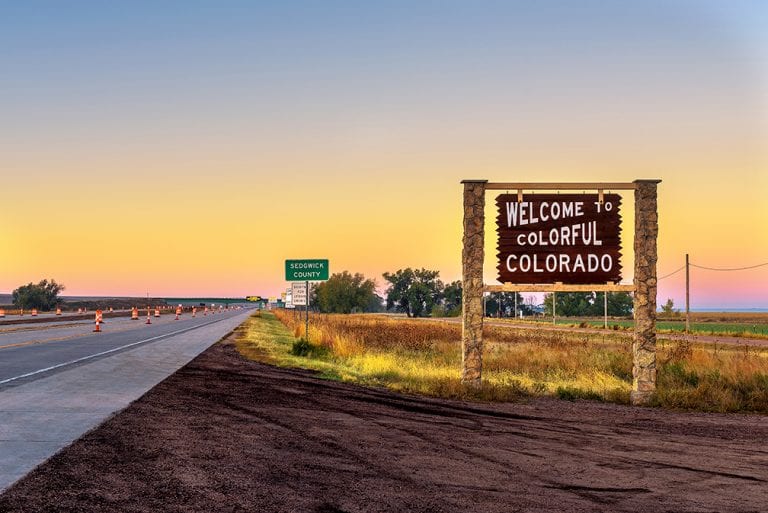

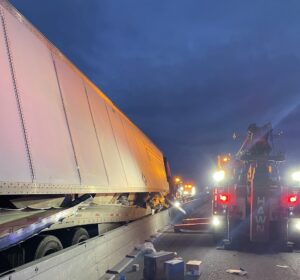
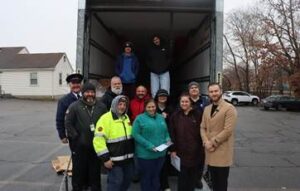
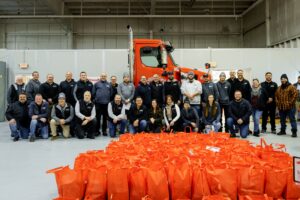
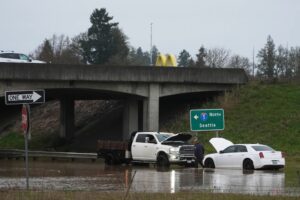
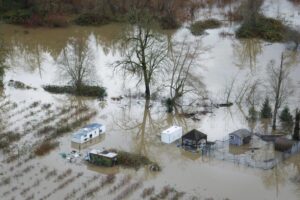
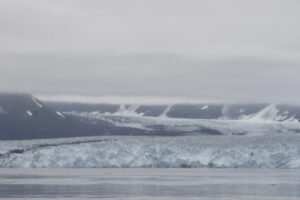
So poor people have to live in industrial areas because its cheap and since illegals like to live in depressed areas to avoid being deported industrial areas are now going to be made no idle zones so pos drivers because the government feels we are less than human can just go to hell right.